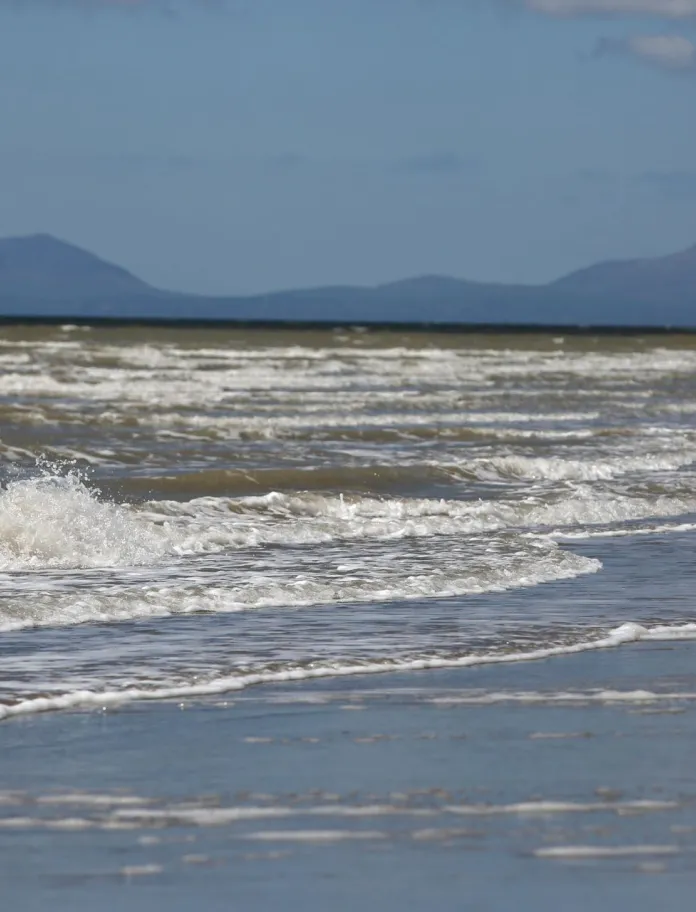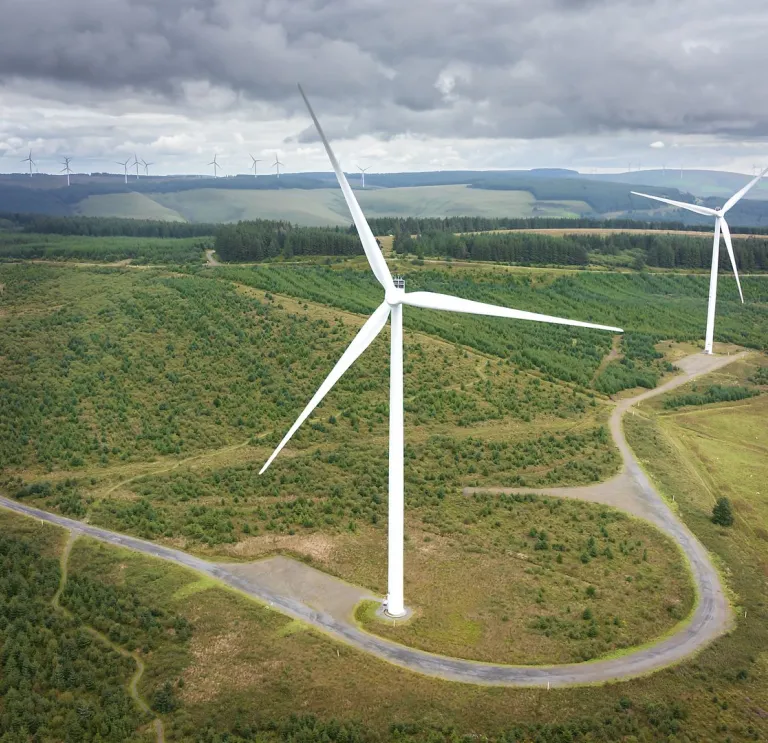As a global leader in technology and innovation, Japan is focusing heavily on renewable energy as it transitions from a reliance on fossil fuels. Wales, with its abundance of natural resources, is positioning itself as a hub for renewable energy in the UK, embracing onshore and offshore wind, wave energy and green hydrogen as key pillars of its energy future.
Now, as Wales’ green energy credentials continue to grow, many Japanese businesses are investing in the country and forging partnerships with Welsh businesses, including Panasonic, Marubeni and Toyota.
One area where Wales and Japan are closely aligned is in the development of green hydrogen, long viewed as a potential game-changer in the global transition to clean energy. Both Wales and Japan are investing in hydrogen technologies as part of their decarbonisation strategies, creating exciting opportunities for collaborations between them.
Japanese companies are playing a key role in helping Wales to a net zero future. Marubeni, for example, has been working with Welsh Government to develop a green hydrogen project in South Wales, with a focus on green fuel for transport and industrial decarbonisation.
And, this year, Panasonic is set to invest over £20m into its Welsh manufacturing factory, to become the company’s first fully green-powered site outside of Japan.
Marking its 50th anniversary in the Welsh capital, the firm has selected Cardiff to roll out its state-of-the-art green power system, Panasonic HX, as part of wider ambitions for the site to become a centre of excellence for renewable technologies in the UK.
The microwave manufacturing plant will be powered by solar panels, alongside hydrogen fuel cells, which will compensate for fluctuations in solar power generation caused by changeable weather. Surplus electricity will be stored in batteries, and hot water produced as a by-product will be used to heat the facility. Panasonic is currently trialling the technology, with the factory set to run from 100% renewable sources from March.
So why did Panasonic choose Wales for its first renewably-powered site away from home soil? A country known for its high levels of precipitation might not seem like the obvious choice for a project powered largely by solar, but Wales’ wet conditions are actually a positive for Panasonic.
"If you can succeed in Wales, you can succeed anywhere in the world," joked Hiroshi Suzuki, Japan’s Ambassador to the UK, regarding the Welsh location. Being in Wales will enable the company to discover the best operational combination of fuel cells and solar panels to suit European climates.
Another key factor in choosing South Wales is the fact it is home to a ‘green hydrogen cluster,’ meaning hydrogen will be sourced locally, from a nearby site in the steel town of Port Talbot, minimising the carbon footprint of transportation. And, according to Mr Masahiro Shinada, President and CEO of Panasonic Corporation, Wales’ commitment to cutting carbon emissions and safeguarding the environment for future generations, is another key reason for coming to Wales.

Elsewhere, Wales and Japan also boast a shared commitment to developing offshore wind energy, which has the potential to power the whole planet with clean, renewable electricity.
The UK is a global leader in offshore wind, and Wales is playing a crucial role in this development. With a long and rugged coastline, a location next to the Irish sea which benefits from strong and consistent winds, and being home to organisations and research initiatives focused on renewable energy, Wales has the expertise and infrastructure to build and maintain offshore wind facilities.
Multiple projects are in the pipeline to develop Wales' offshore wind potential including partnerships with Japanese companies, like ship building and marine engineering firm, Japan Marine United Corporation (JMU).
JMU, which worked on the Fukushima Floating Offshore Wind Farm project and Japan's Green Innovation Fund, has teamed up with South Wales based manufacturing research centre AMRC Cymru to develop floating offshore wind (FLOW) power in Wales and the UK. The joint initiative aims to enhance Welsh supply chains, create green jobs, promote sustainability, reduce greenhouse gas emissions, and support the UK’s renewable energy targets.
It's not the first time the two nations have collaborated to drive forward the sector either. In 2022, a delegation of representatives from the Japanese Wind Power Association visited North Wales to hear about developments underway in the region and gain a greater understanding of the offshore wind industry.
Several Welsh companies have also been involved in Japan's offshore wind development over the years, particularly in turbine design, marine engineering, and logistics.
Wales and Japan have invested in strong partnerships over the last 50 years and these latest investments symbolise a connection with Japanese businesses that goes deeper than purely business interests; they reflect a shared passion, a common goal, to make a difference and leave behind a more sustainable world. And there are huge opportunities for companies wanting to be part of the next chapter.




